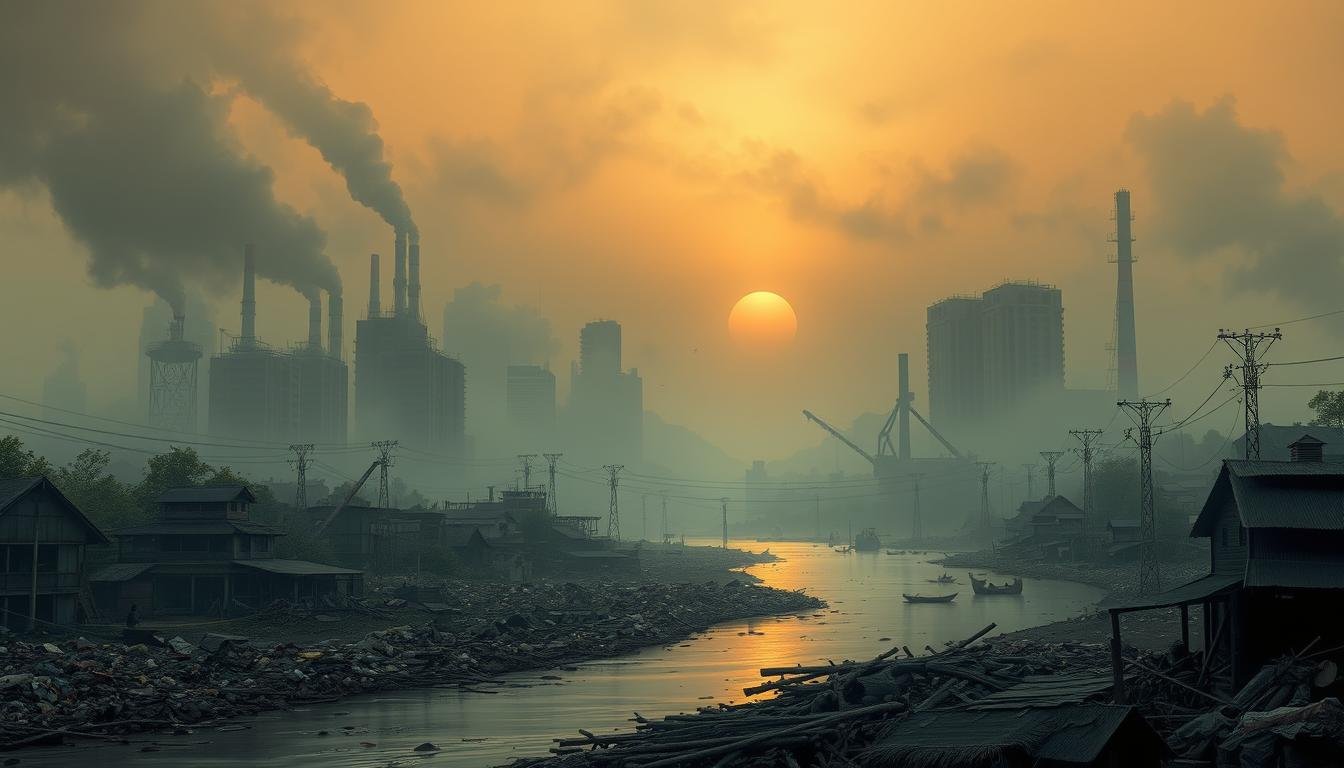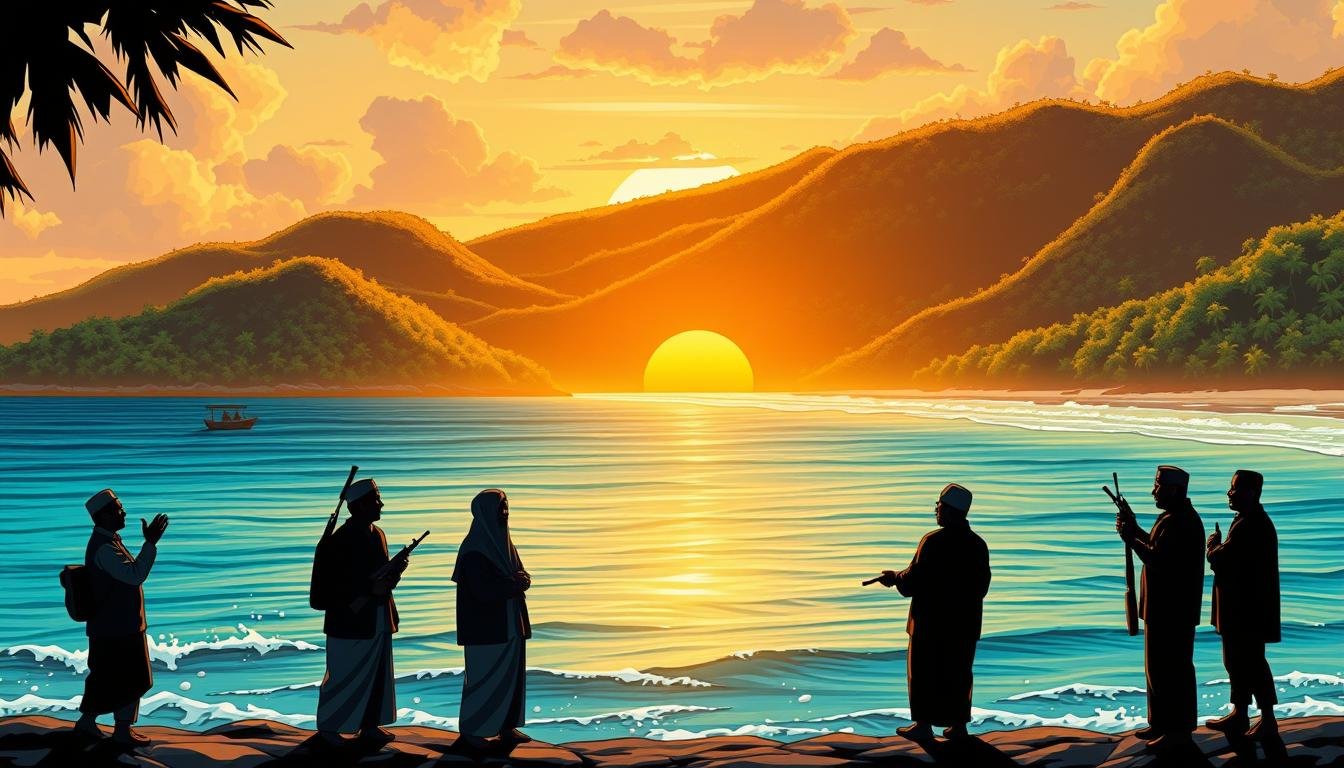Environmental degradation is a pressing issue in the Philippines, affecting both ecosystems and communities. With over 7,000 islands, the country is home to a rich diversity of flora and fauna. However, rapid urbanization and climate change are taking a toll on its natural resources. This article explores the challenges faced by the Philippines in preserving…
The Challenges of Poverty and Inequality in the Philippines
Poverty and inequality remain pressing issues in the Philippines, affecting millions of lives. While progress has been made, with poverty rates falling from 49.2% in 1985 to 16.7% in 2018, the situation remains complex. The COVID-19 pandemic further exacerbated these problems, pushing the national poverty rate to 18.1% in 2021. Life in the Philippines is…
The Moro Conflict and the Peace Process in Mindanao
Mindanao, the southernmost region of the Philippines, has long been a focal point of historical and cultural significance. The region is home to diverse communities, including a significant Muslim population. Over the centuries, Mindanao has experienced complex dynamics shaped by colonial influences and internal struggles. The term “Moro” refers to the Muslim inhabitants of the…
The Rise of Social Media and its Influence on Philippine Politics
The rise of social media has transformed Philippine politics in ways no one could have predicted. Digital platforms have become powerful tools for political communication, enabling candidates to connect directly with voters. This shift has reshaped how campaigns are run and how the public engages with political issues. Social media has introduced innovative campaign techniques,…
The Role of the Philippines in Regional and International Affairs
The Philippines plays a pivotal role in shaping regional dynamics and global affairs. Its strategic location in Southeast Asia makes it a key player in fostering economic, cultural, and political ties. Understanding the responsibility of this position is essential for effective leadership and diplomacy. In sociology, a role refers to expected behaviors and obligations tied…
The Challenges of Democratization in the Philippines
Democratization in the Philippines is a complex and ongoing process. Since gaining independence in 1946, the country has faced numerous hurdles in building a stable democratic system. While it has experienced periods of progress, such as the ousting of Ferdinand Marcos in 1986, the journey has been far from smooth. Democratization requires significant effort from…
The Role of Overseas Filipino Workers (OFWs) in the Philippine Economy
Overseas Filipino Workers (OFWs) are a cornerstone of the Philippine economy. Their contributions extend far beyond personal success, shaping the nation’s financial stability and growth. With millions working abroad, OFWs have become a vital resource for both their families and the country. Remittances from OFWs play a significant part in boosting the economy. In 2022…
The Legacy of the People Power Revolution
The People Power Revolution of 1986 stands as a defining moment in Philippine history. This peaceful uprising not only ousted a dictator but also restored democracy to the nation. Its legacy continues to shape the country’s political and social system today. The term “legacy” often refers to something passed down through generations. In this case,…
The Role of the Military in Philippine Politics
The military has long played a significant role in shaping the political landscape of the Philippines. From ensuring national security to influencing governance, its presence is deeply intertwined with the country’s history and current affairs. Recent events, such as the Davao City bomb blast and the ongoing “war on drugs,” highlight the evolving responsibilities of…
The Impact of Population Growth on Philippine Resources
The Philippines, like many nations, faces significant challenges due to the increasing number of people. From 1 billion globally in 1800 to an estimated 8.2 billion by 2025, the world has seen a dramatic rise in inhabitants. This trend has profound effects on natural resources, infrastructure, and the economy. In the Philippines, the rapid rise…










